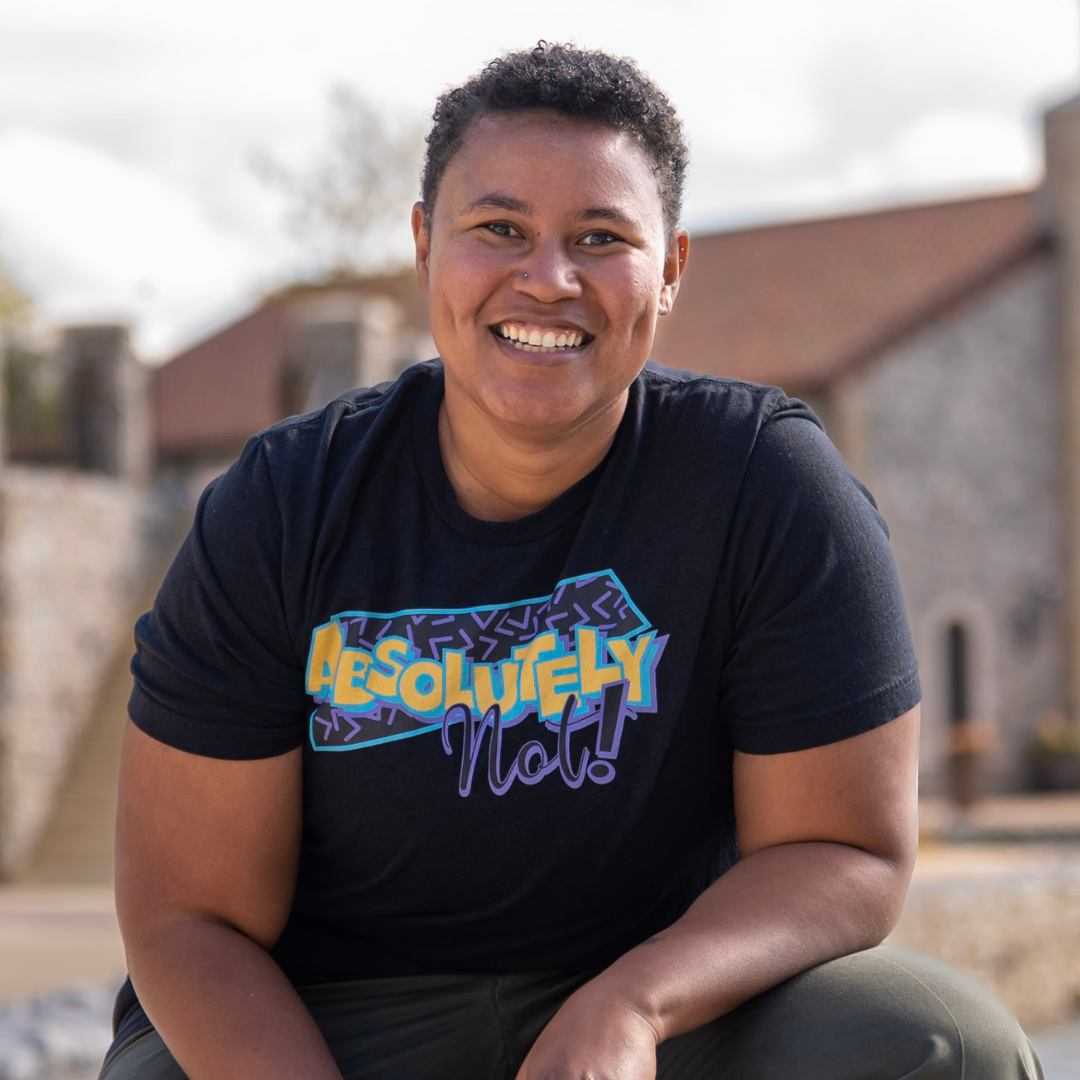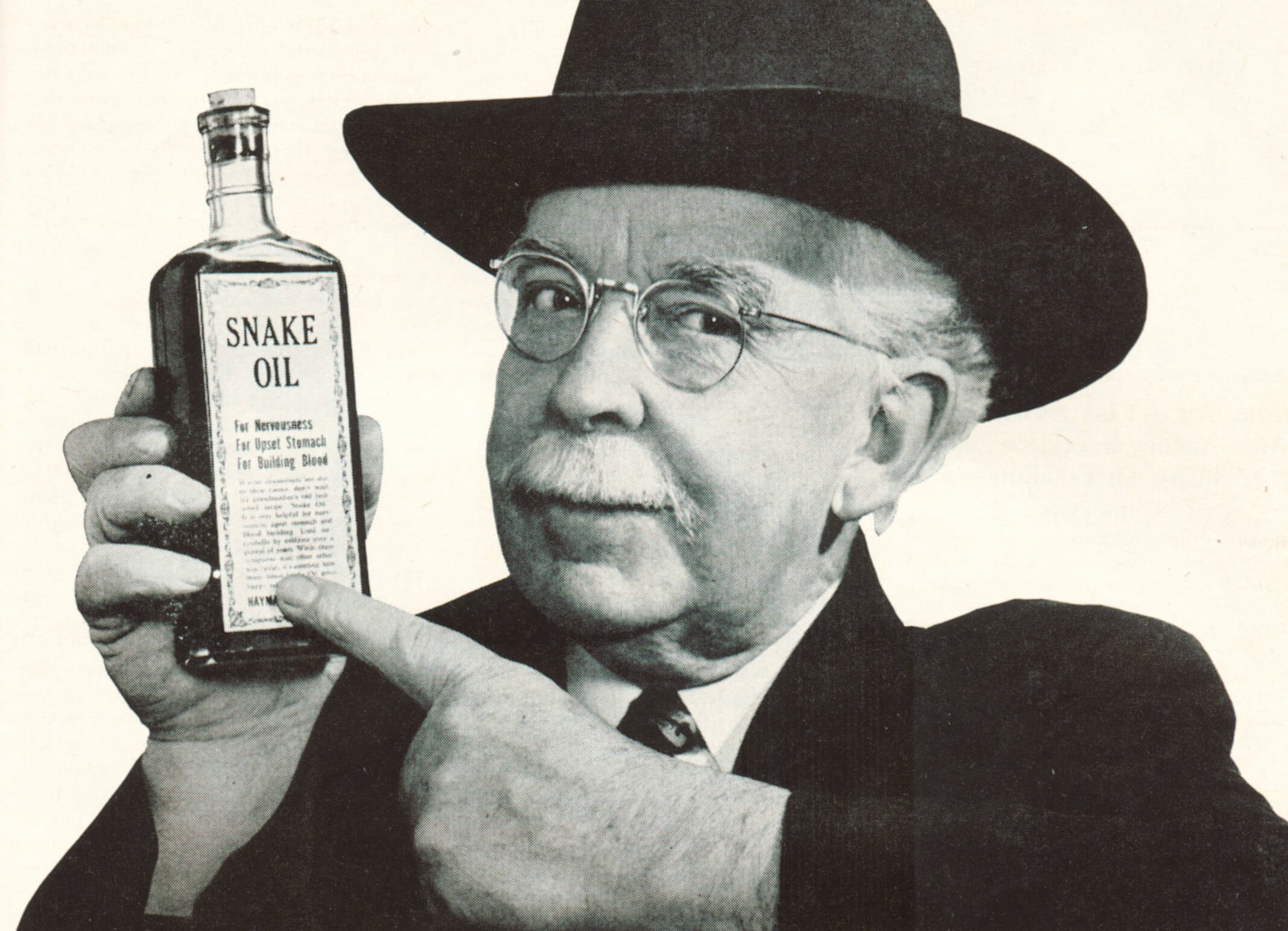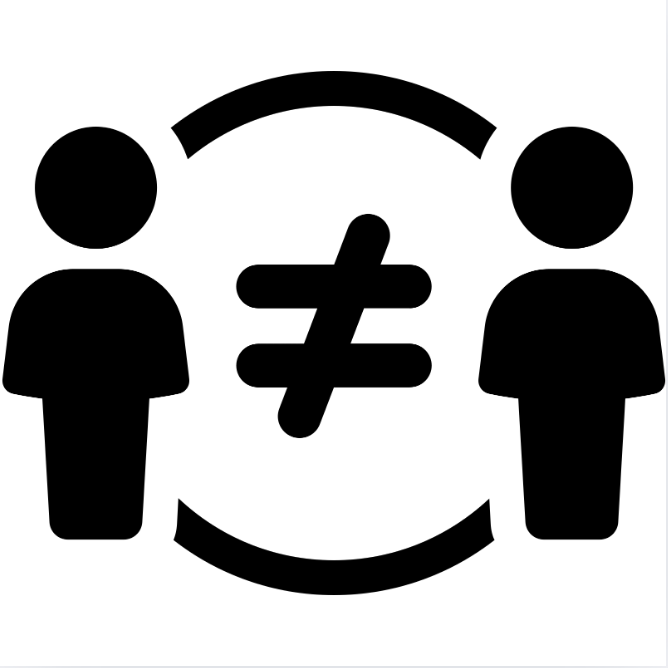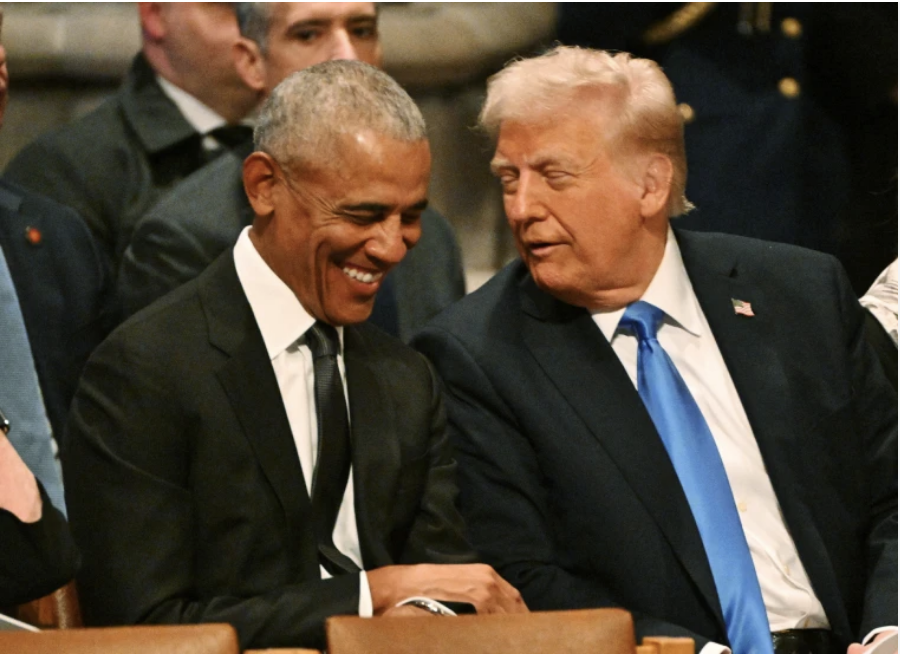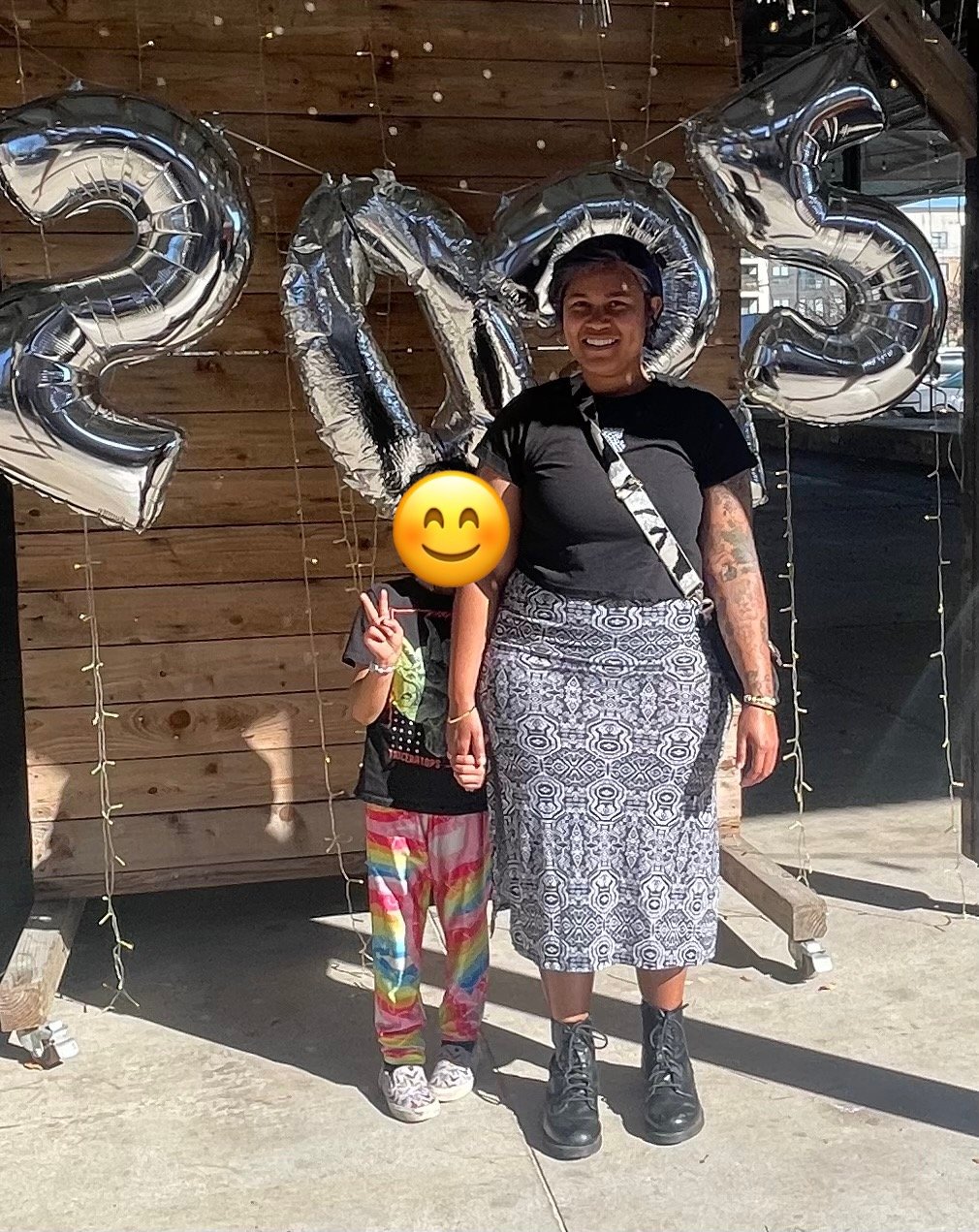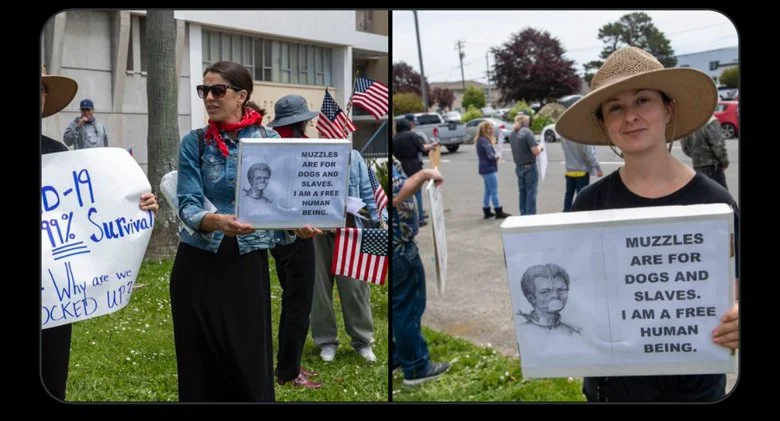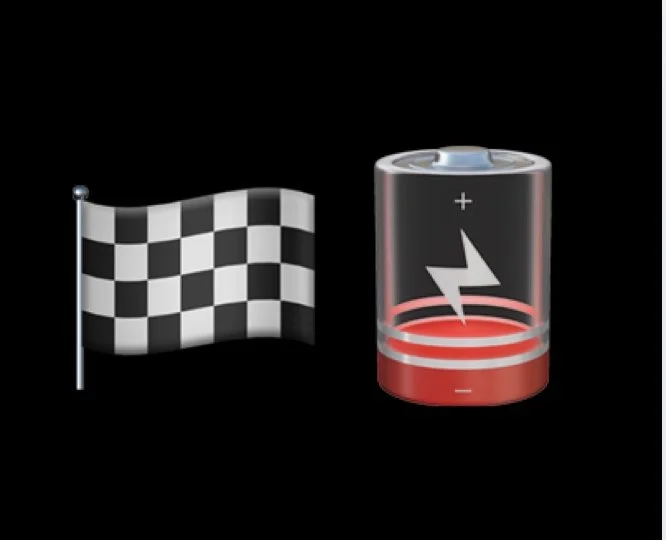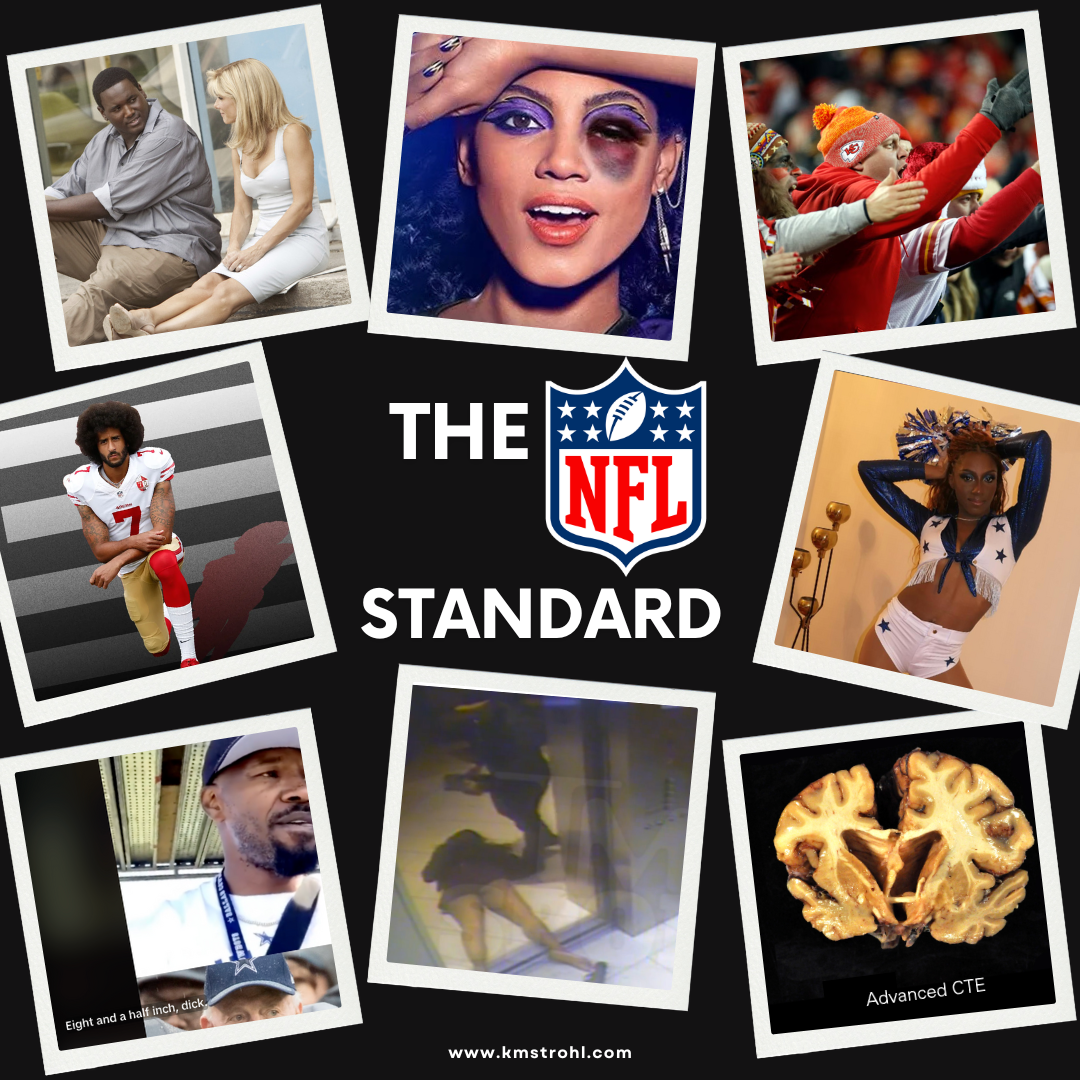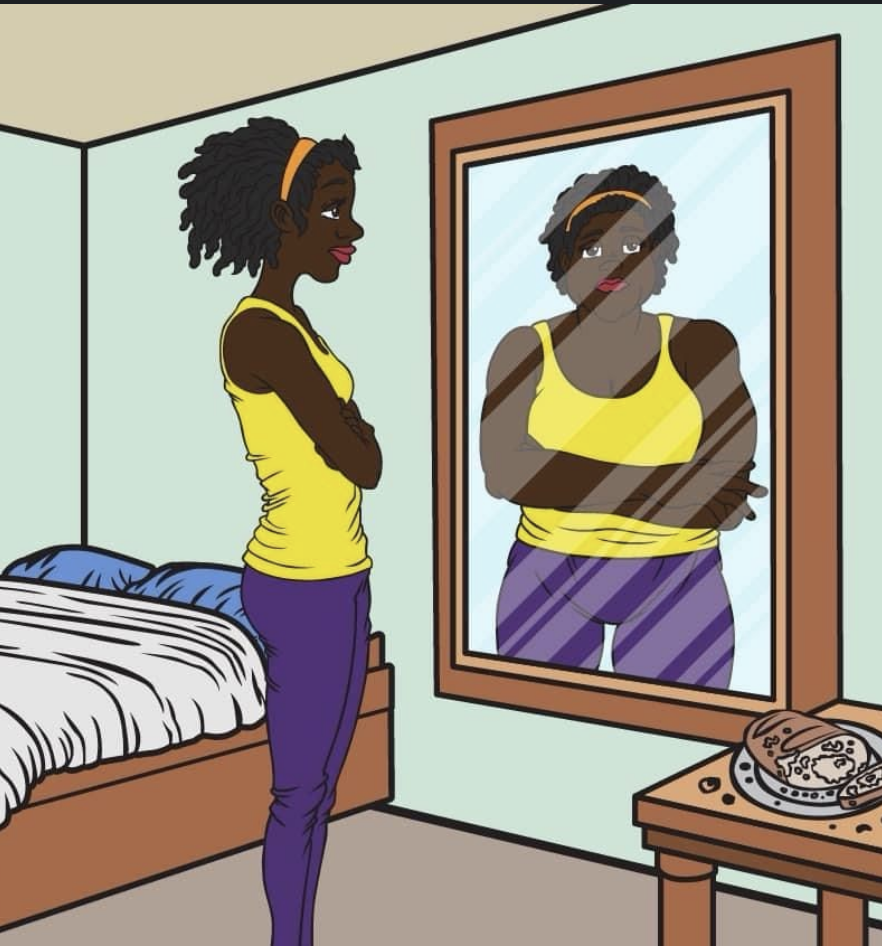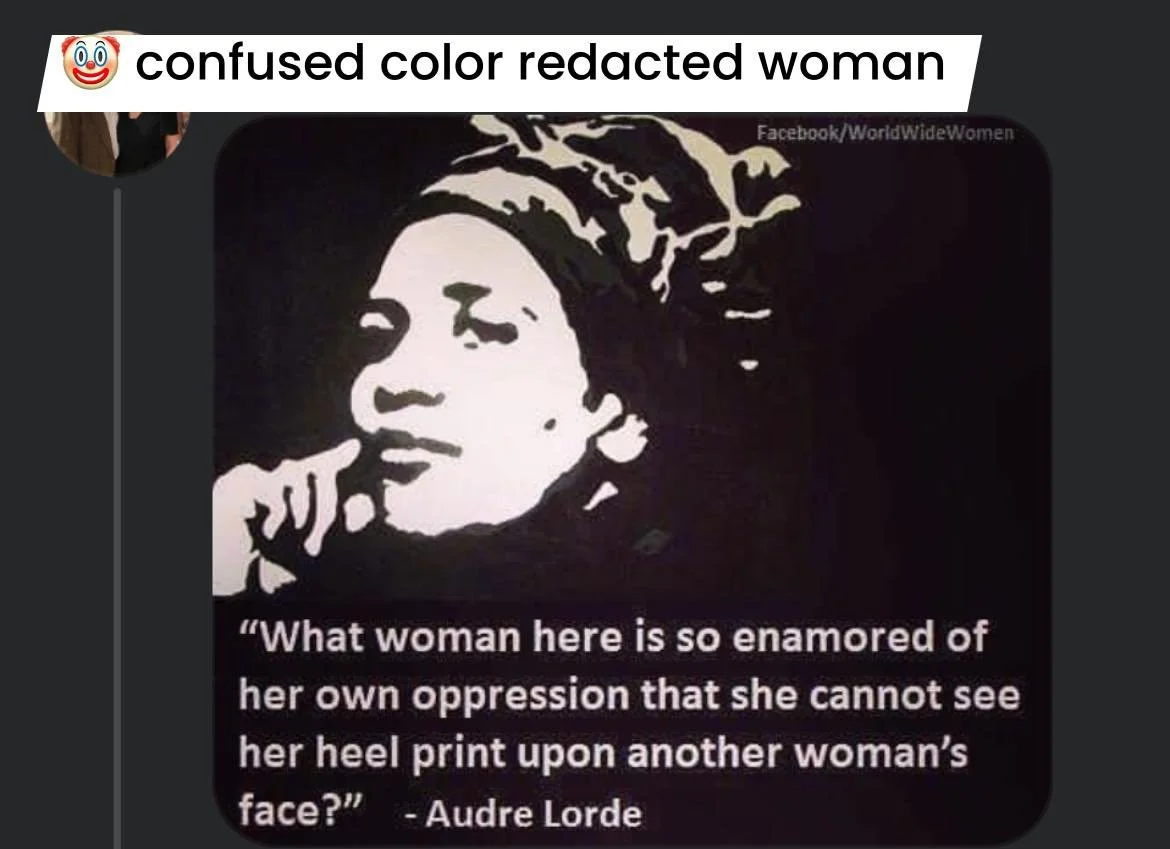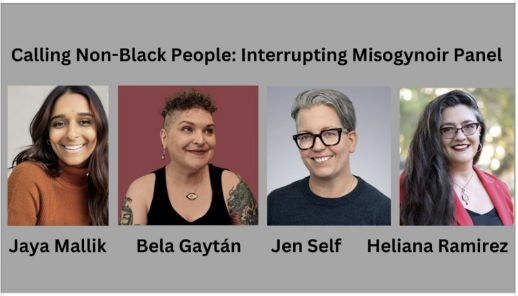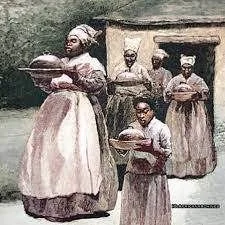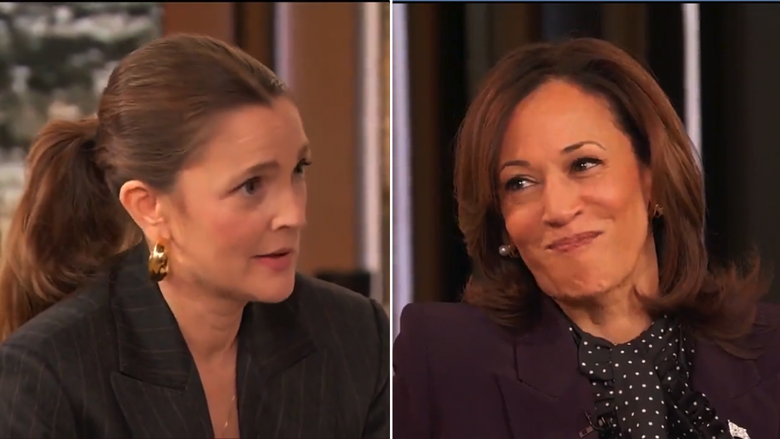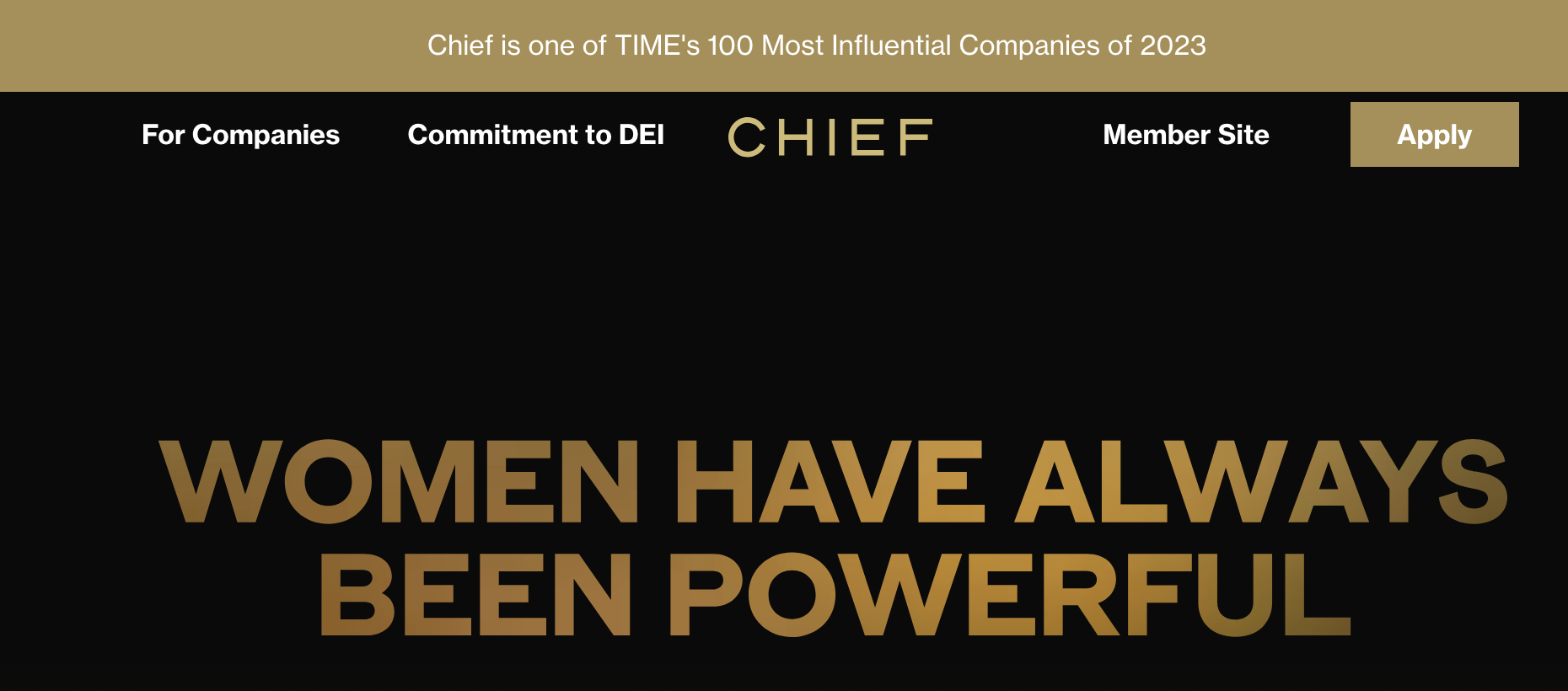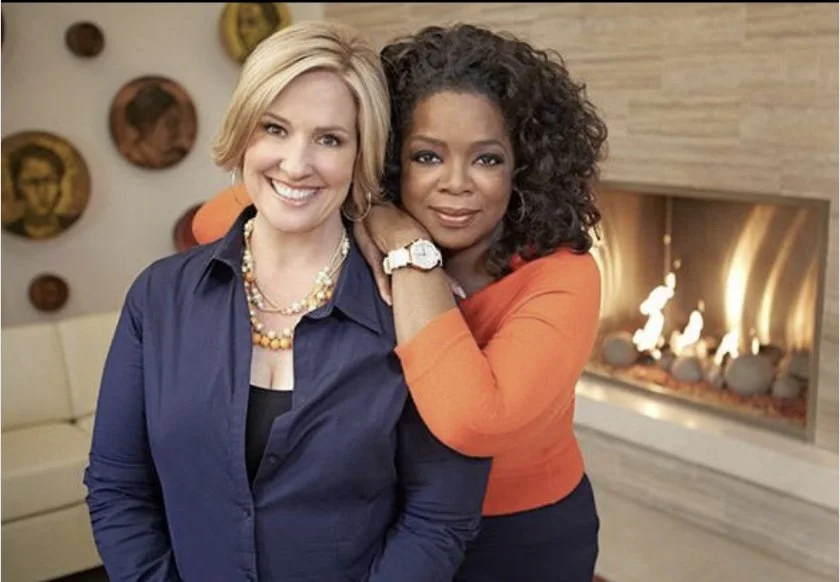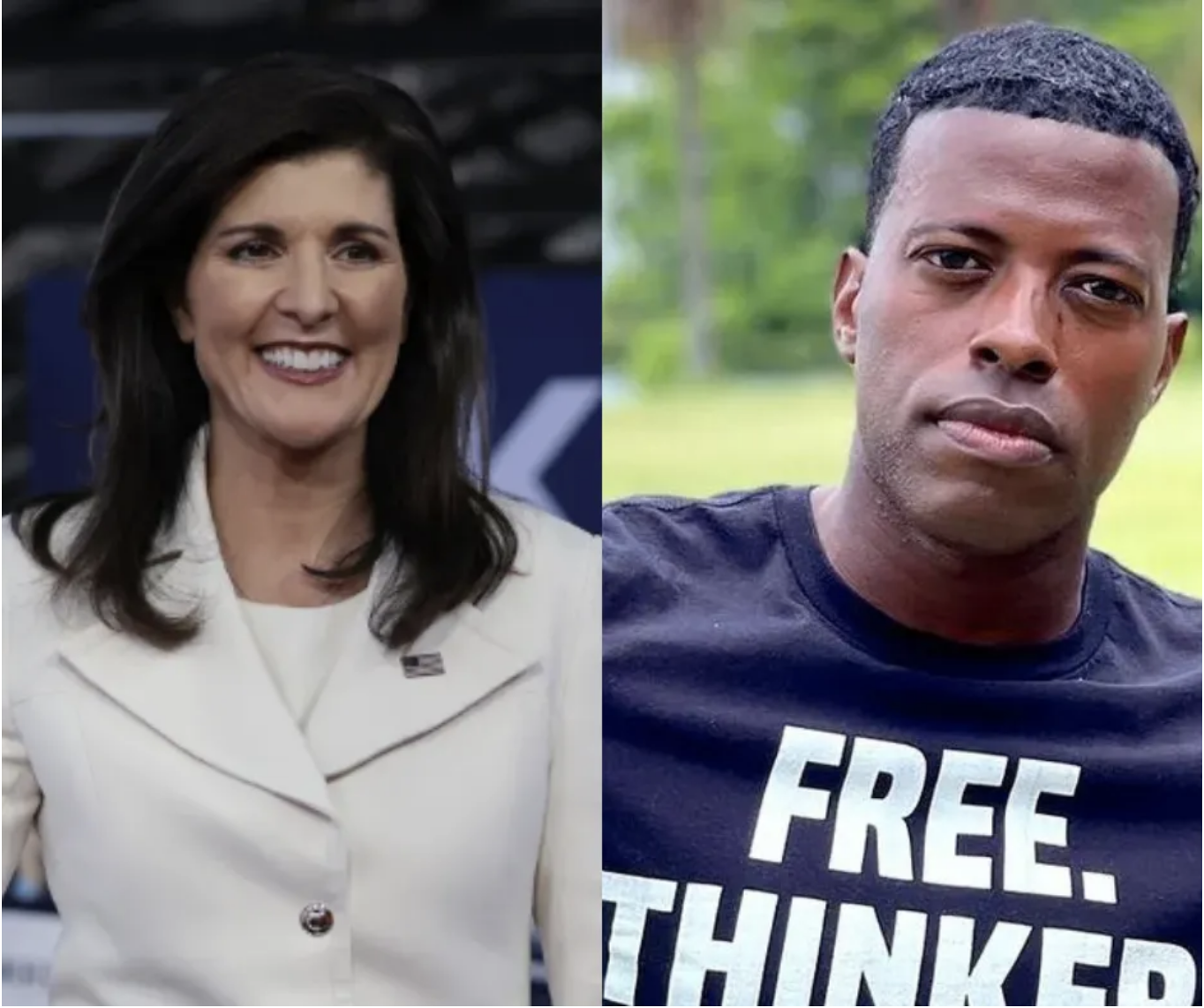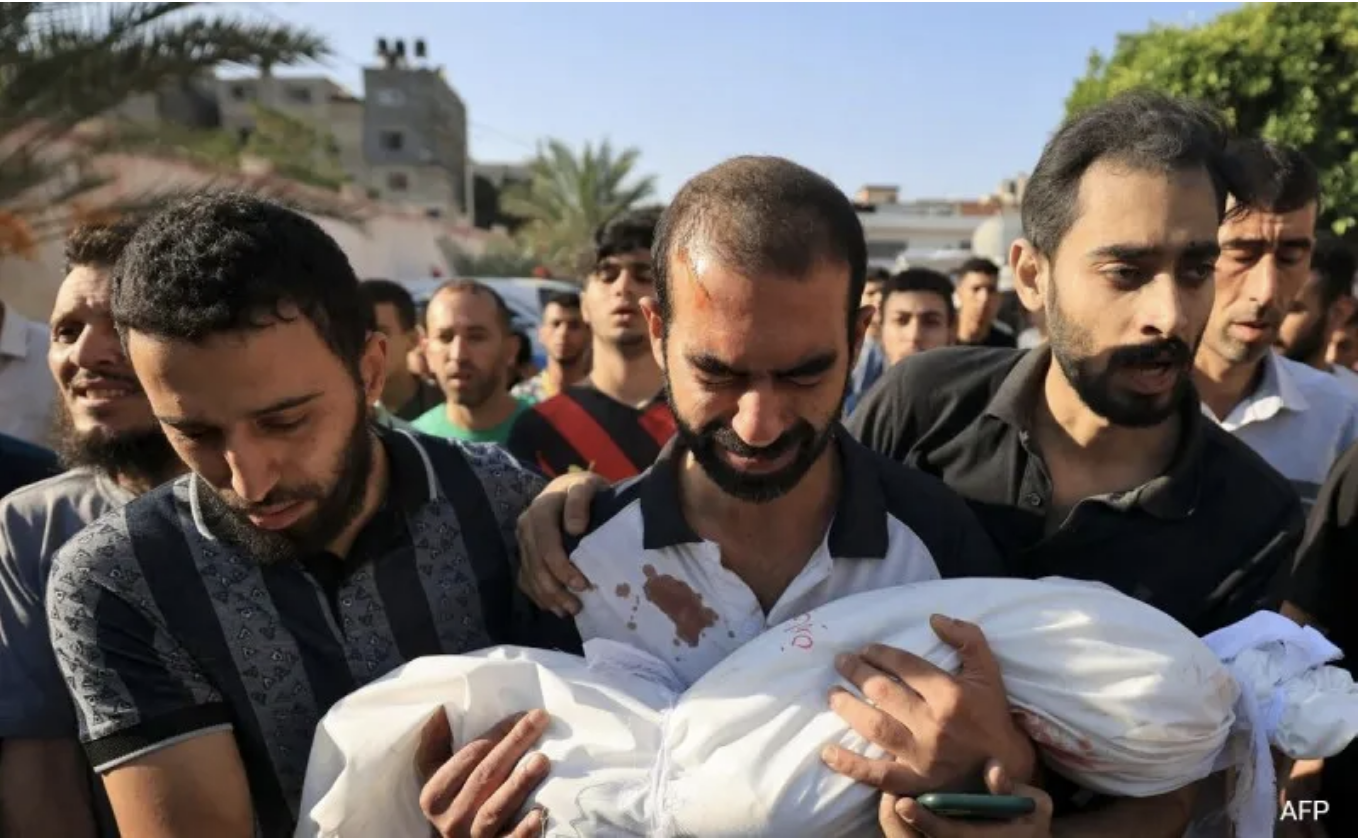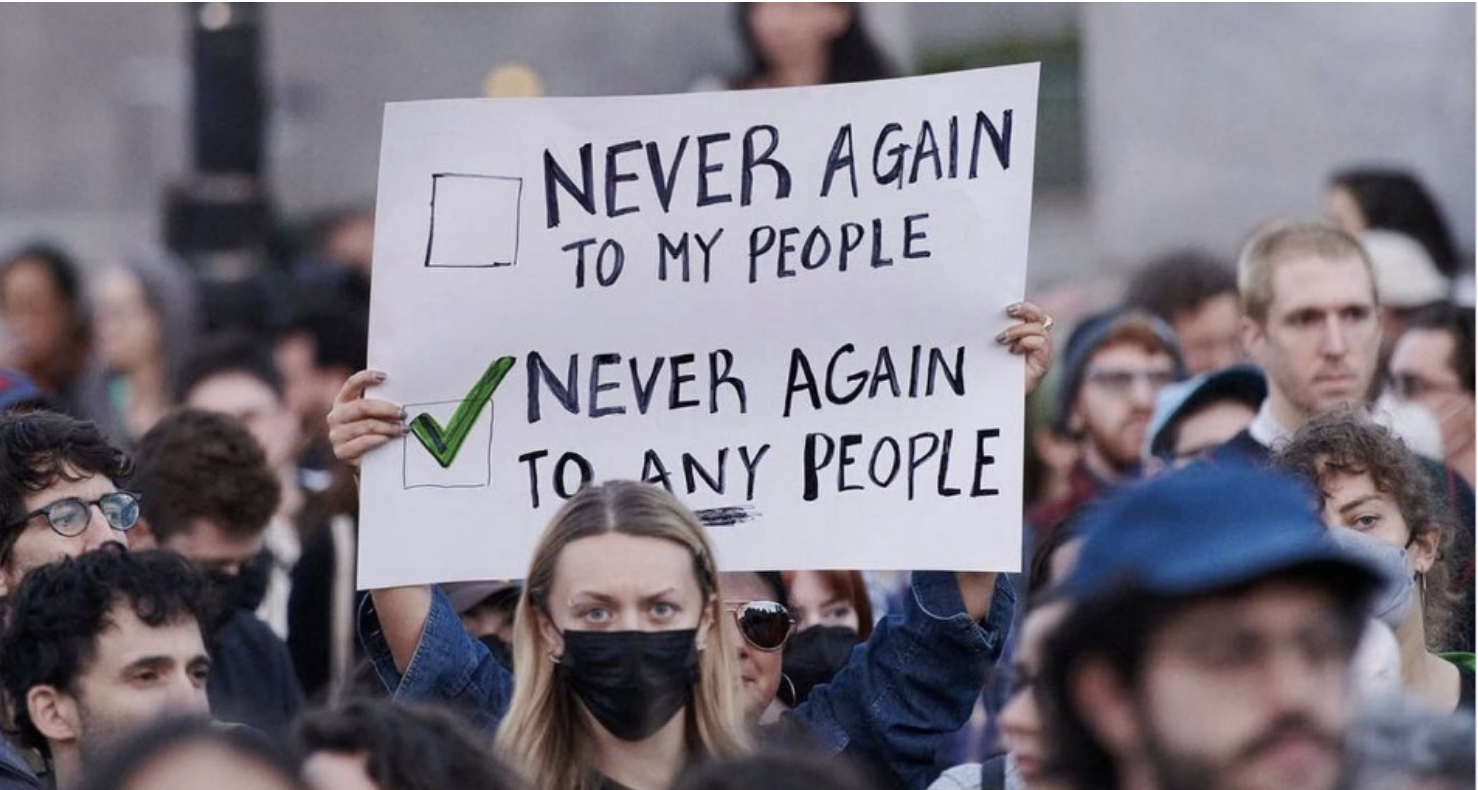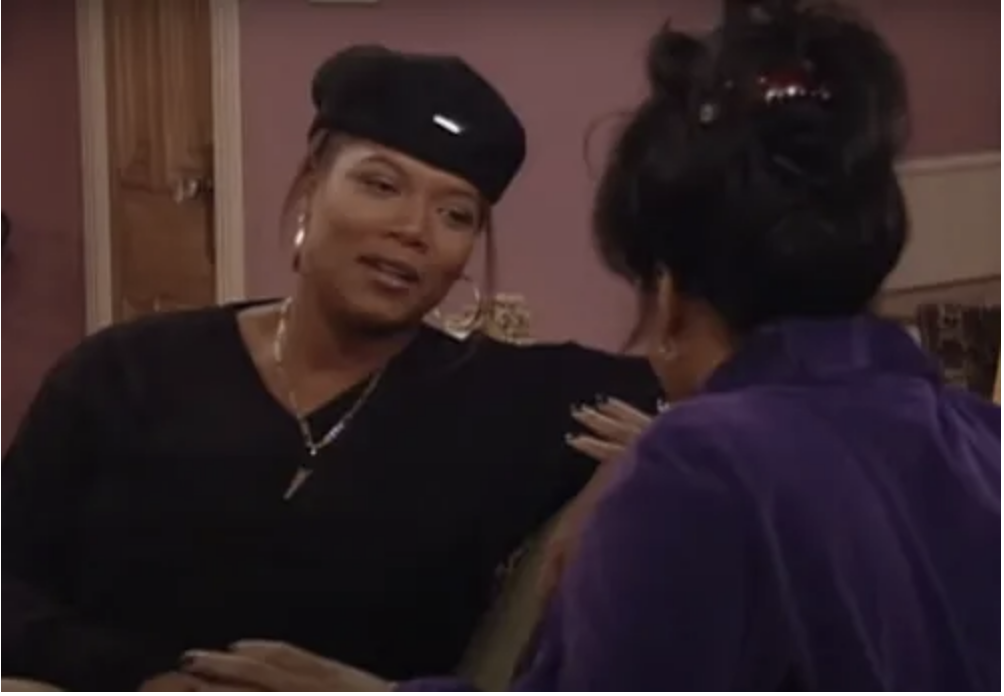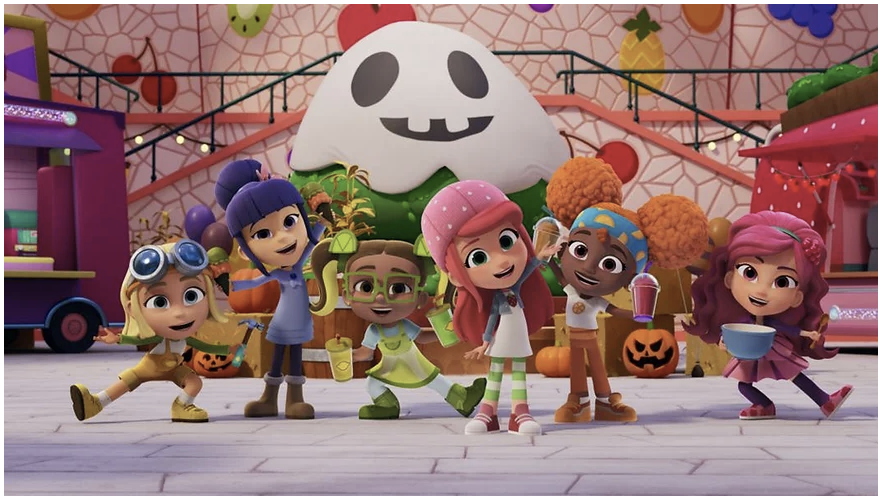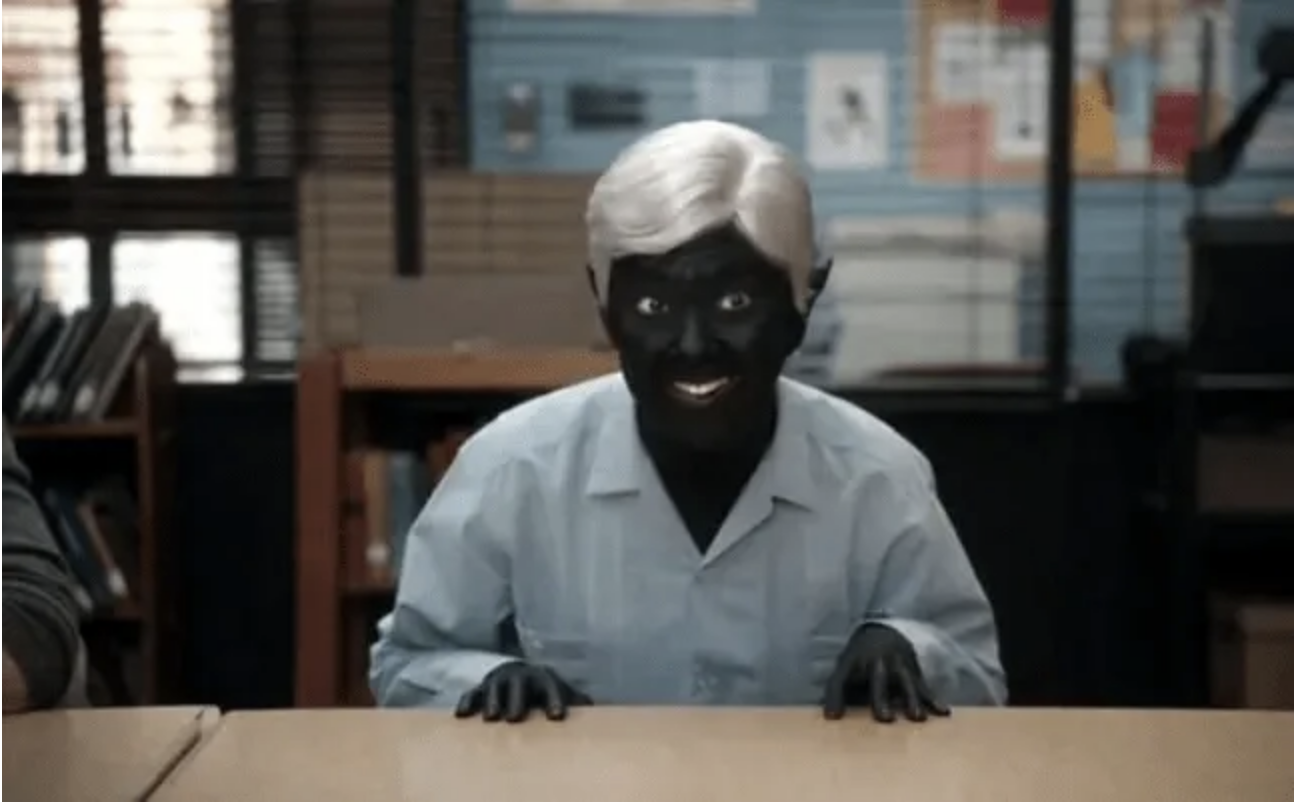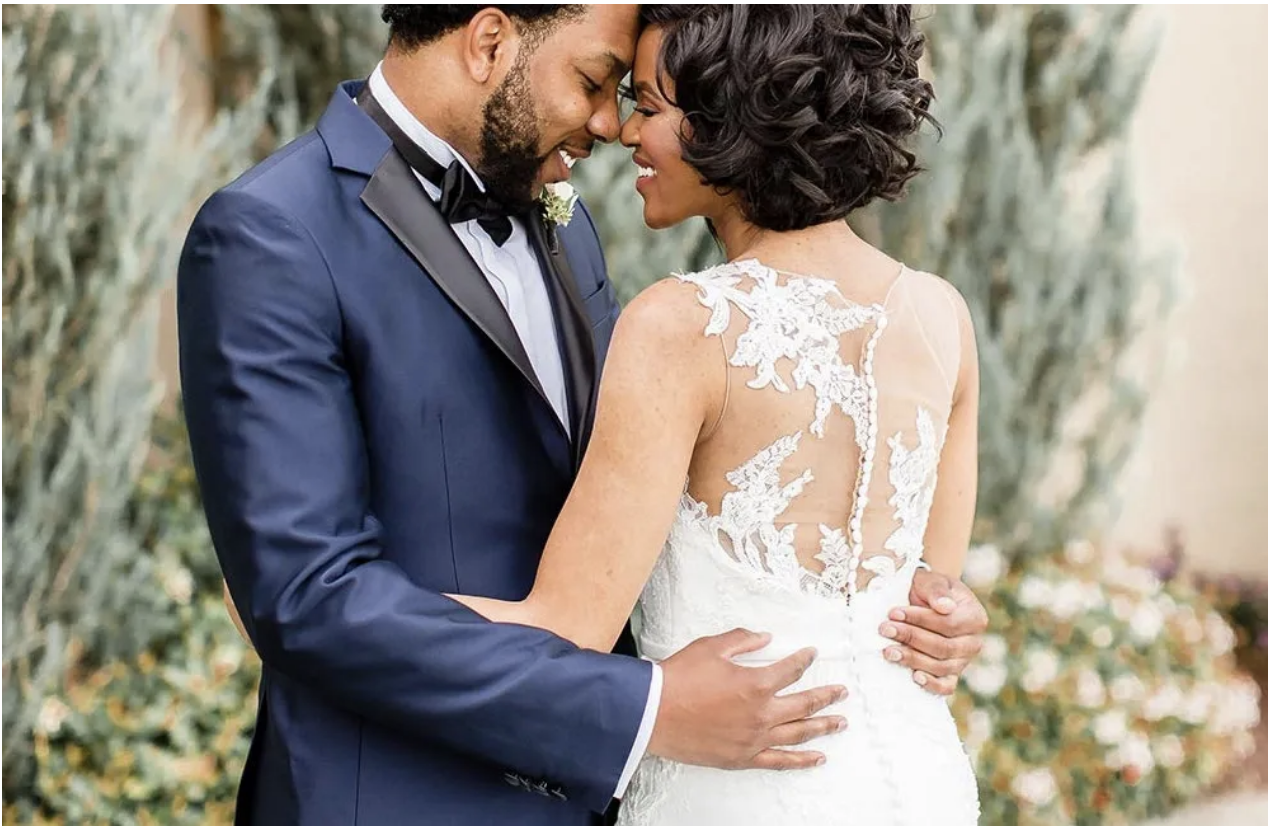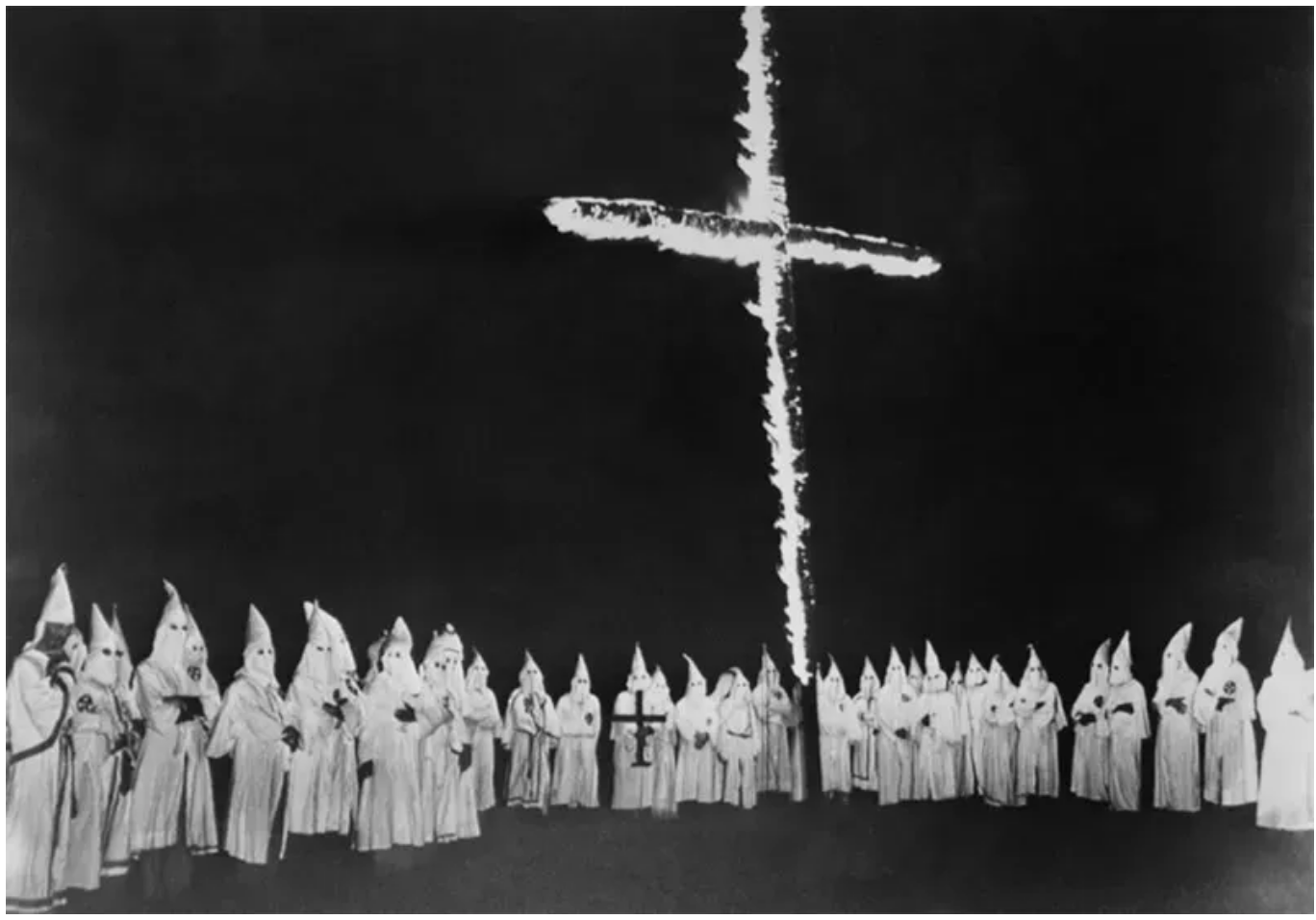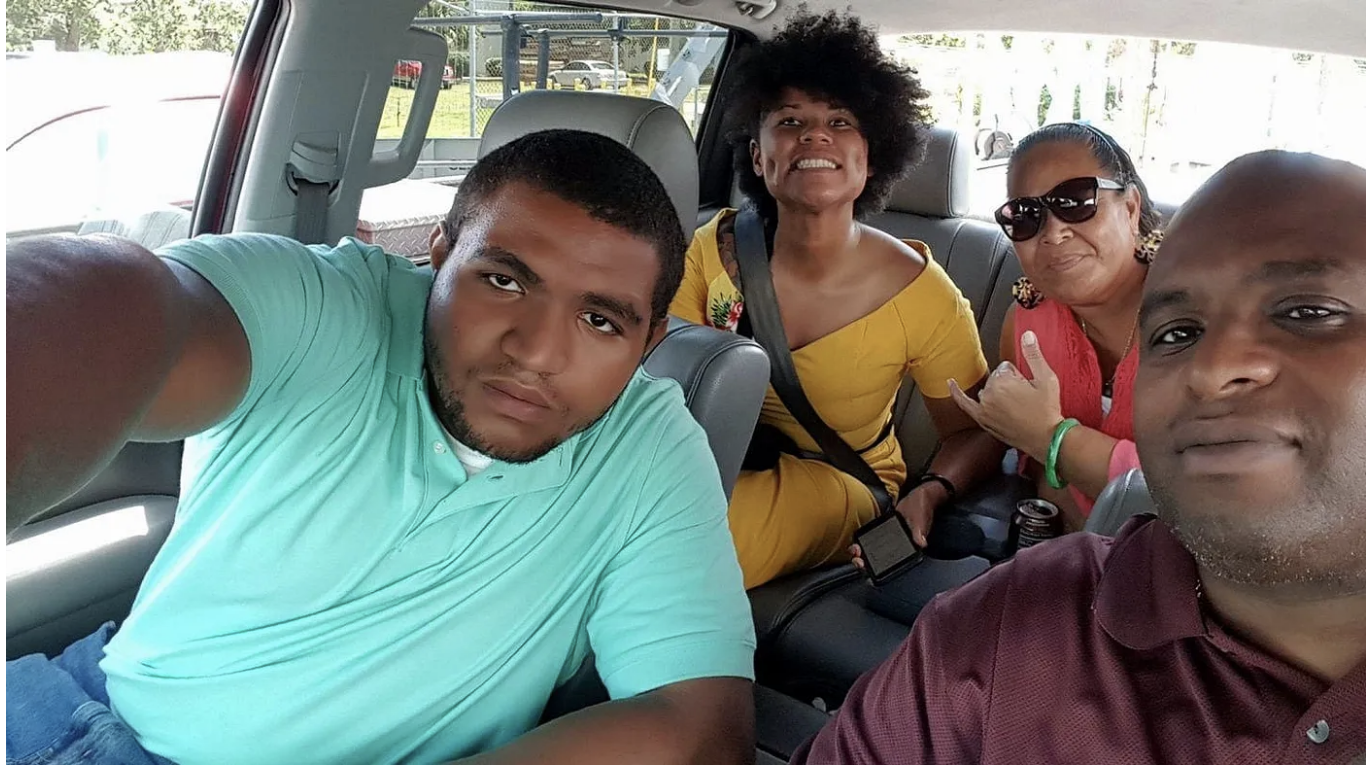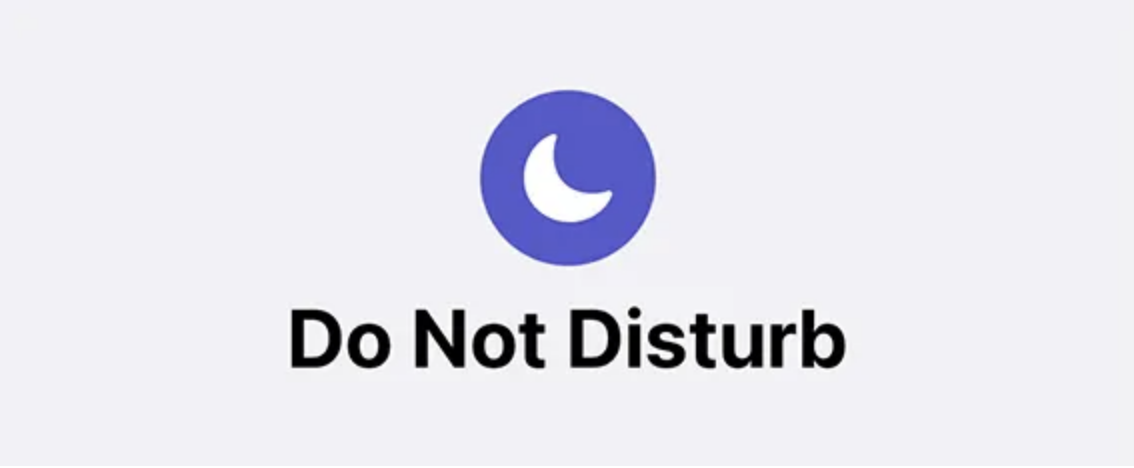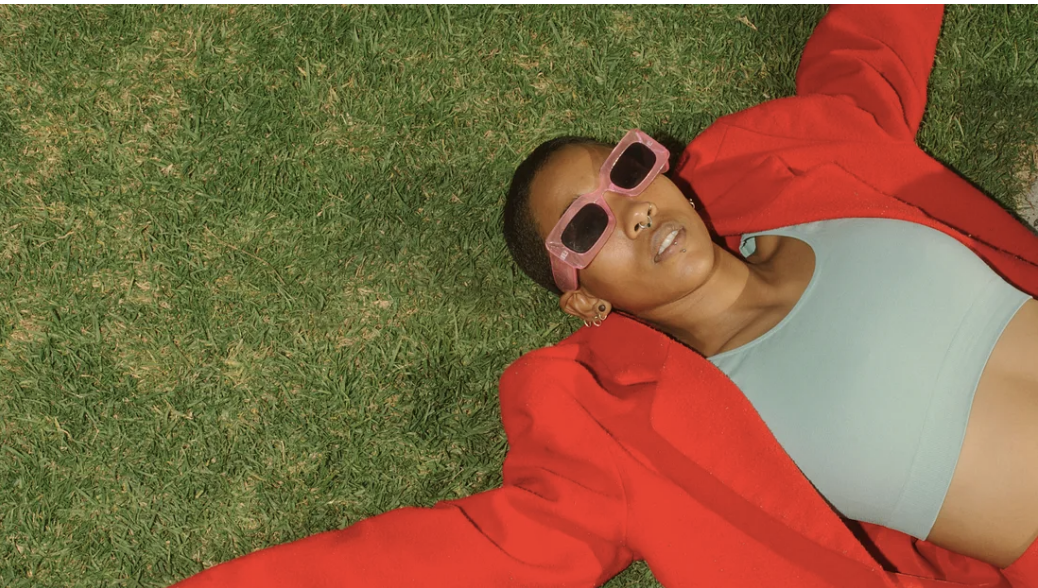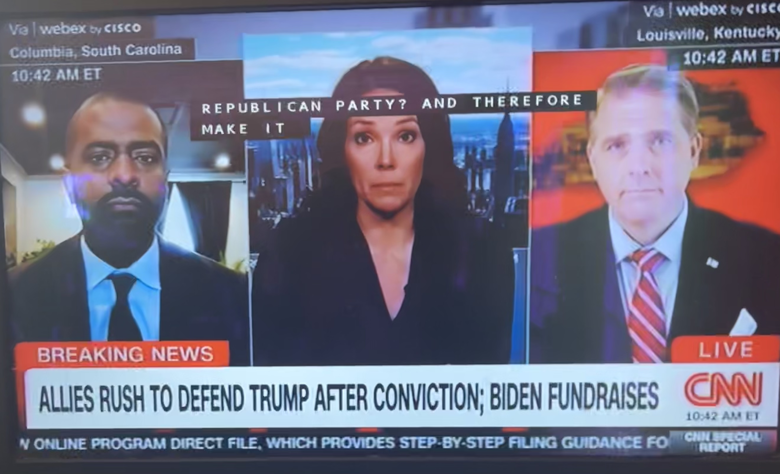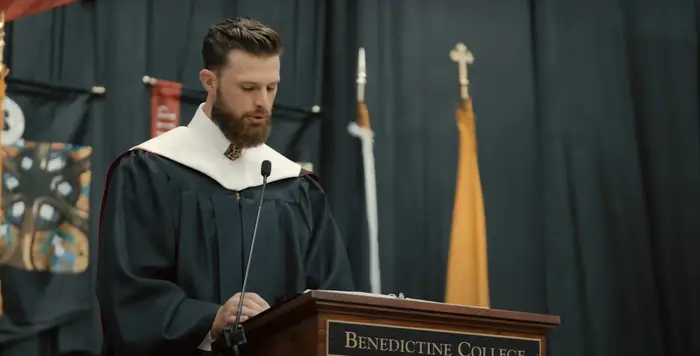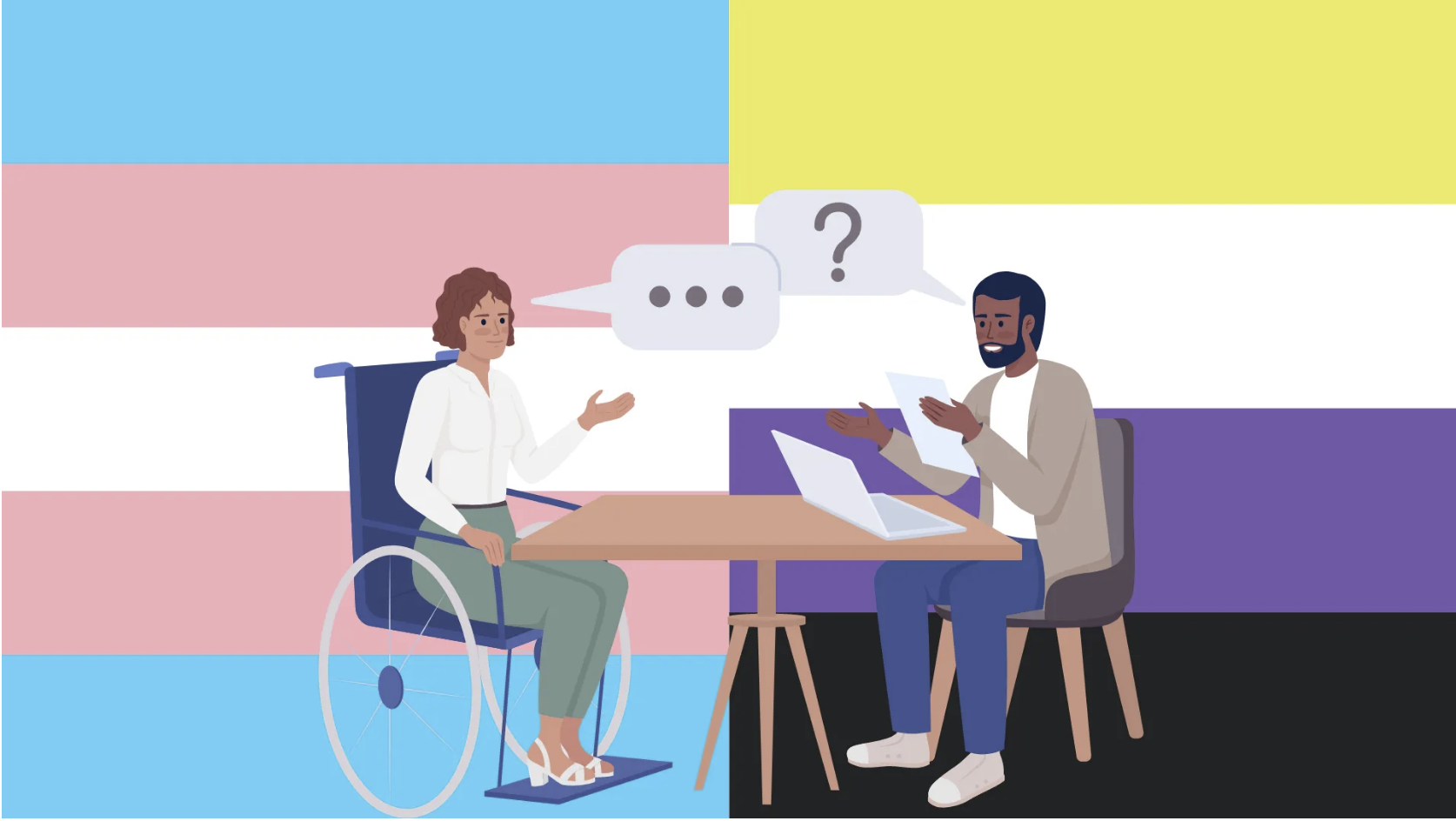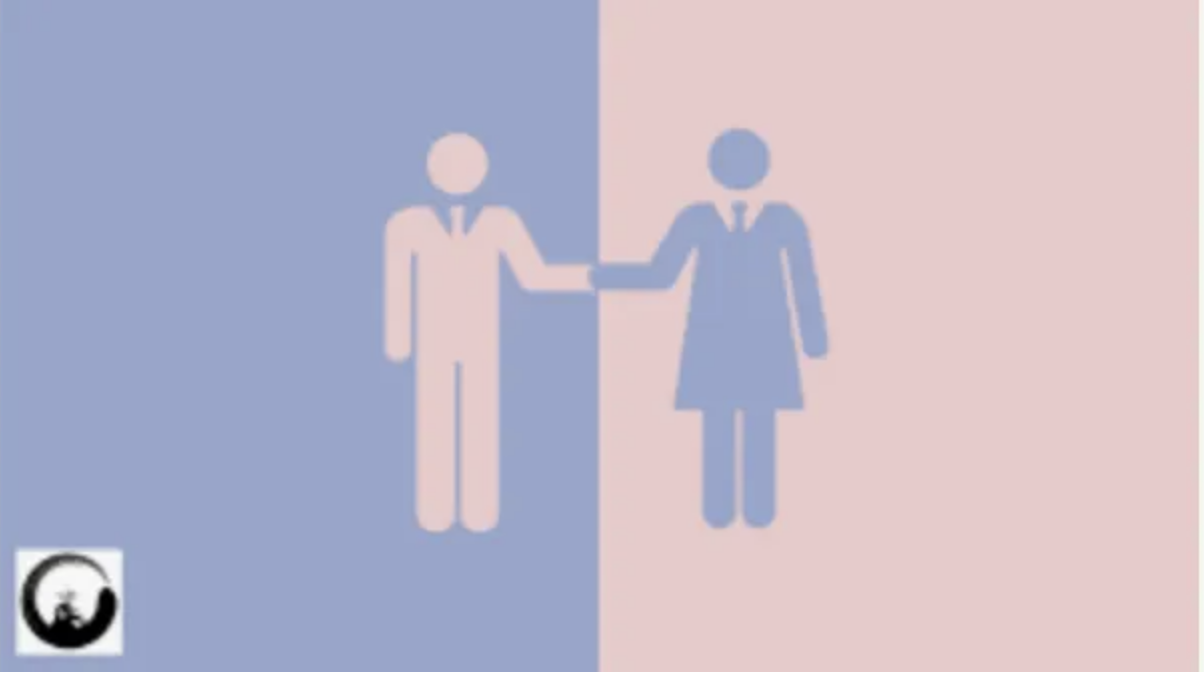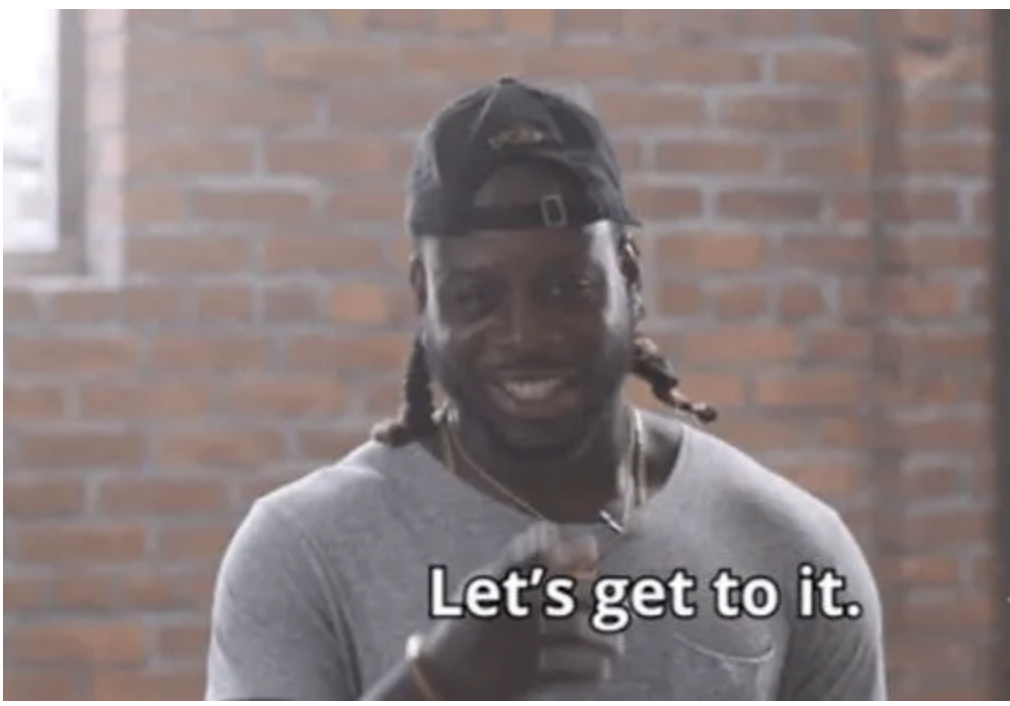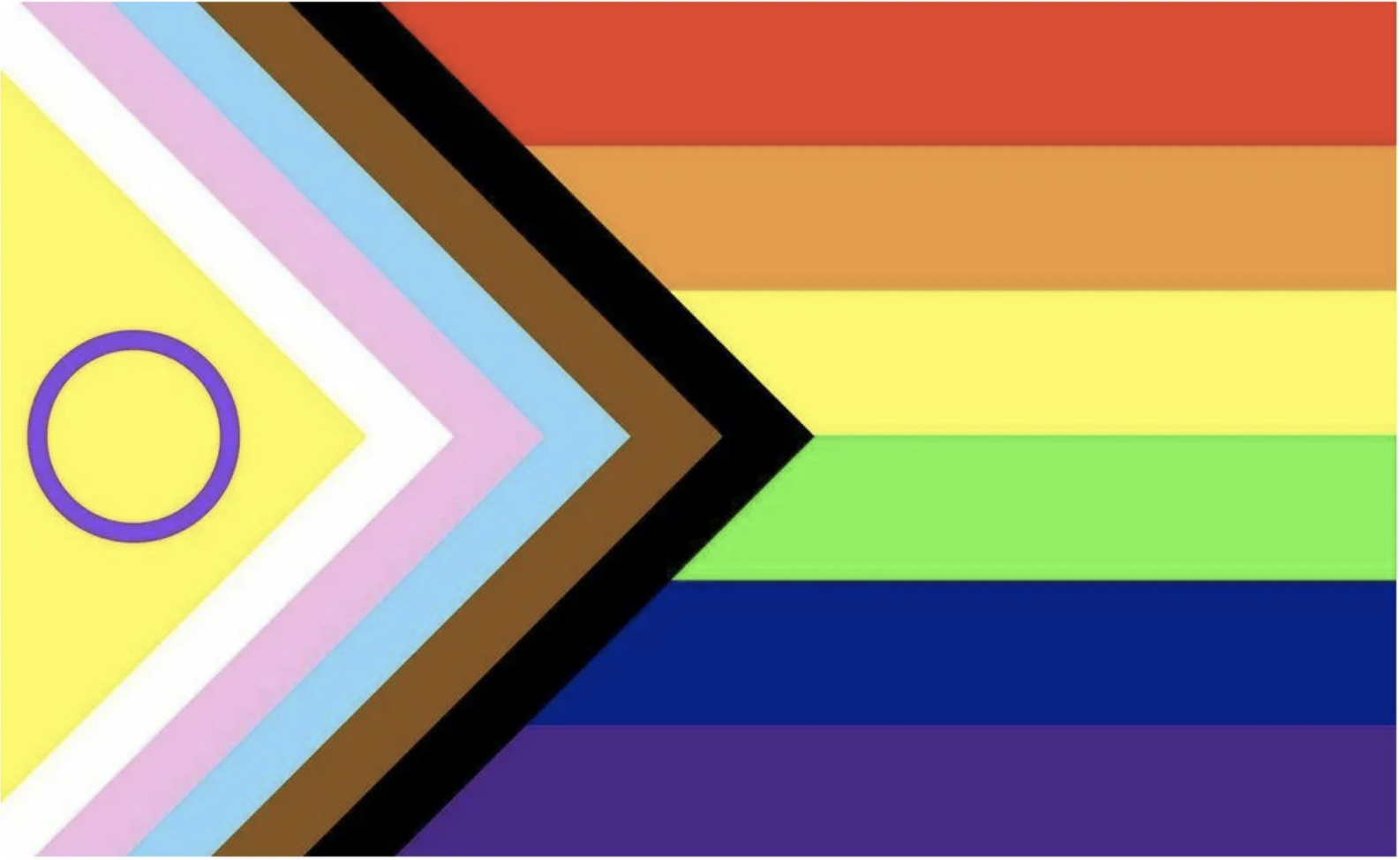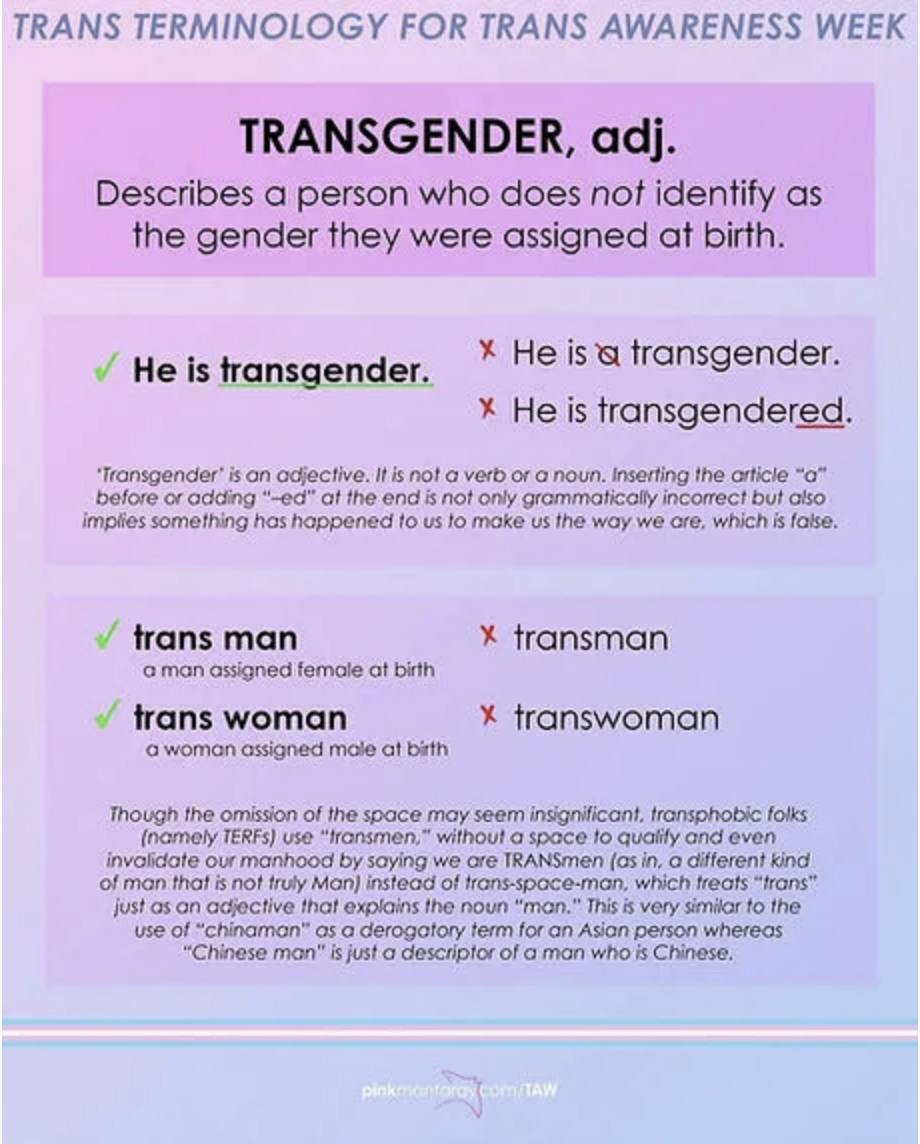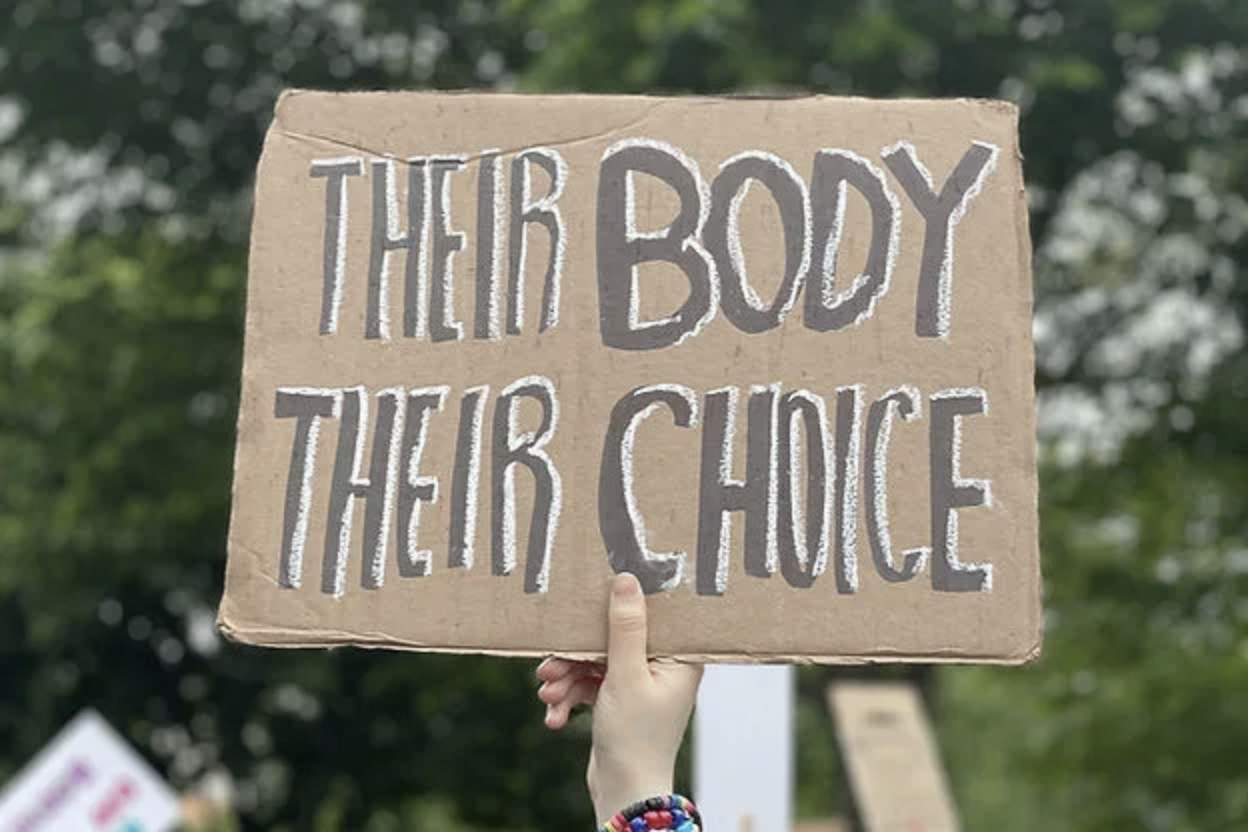K Mataōtama Strohl (They/Them)
K is an award-winning consultant, coach, writer, speaker, curator of an online community and host of two popular podcasts.

The Oppressor's Tools 🔨
I recently shared with a client that I don’t use the words “allies”, “ally” or “allyship” in my work. I have said this before but I refuse to use language that I don’t know or I don't agree with the origin of.
Fueled By Self Hate 🗣😡
I've touched on this a lot in my work but I don't think I've ever really spelled it out. White supremacy, capitalism, the patriarchy and all harm birthed from these beliefs are fueled by self hate.
Trauma Doesn't Skip Generations
This article on how the Holocaust is being weaponized to justify the suffering of others is a glaring example of what happens when we don’t acknowledge and heal from harm that’s been caused to us and our communities. Similar to the way Black communities globally have had our healing excruciatingly prolonged because of re-written history that refuses any true acknowledgement of the atrocities our ancestors experienced or that we continue to experience. In my piece I Want a White History Month, I write about this large gaping hole left in White people that they attempt to fill with appropriation, deceit and more recently the support of genocide. All these uncared for wounds are bound to be internalized or spread to others.
Isn’t It Just Transgender?
A trans flag and a nonbinary flag meet at the middle. In front of them are people sitting at a table asking questions.
Separating nonbinary people from transness feels like confirmation of cis people’s beliefs that even in transness the gender binary must still be upheld. I wrote on my own understanding of this in Trans Enough. I understand to be trans is to not align with the gender assigned to you at birth, which I do not therefore I am trans. When I see “Nonbinary AND Transgender” it feels like saying “well there’s these people and they're not trans but they’re not cis either”.
I do know that a lot of people do this to ensure nonbinary people know they are being included but in a roundabout way it feels the opposite.
How Do You Pronounce Your Name?
Rahimeh Ramenzany (She/Her) was a guest on my podcast, Absolutely Not!, almost 2 years ago. She was an absolute delight and she is the reason I have my name pronunciation visible in a lot of places.
Not your BIPOC, POC or WOC
No one knows for sure how or where Black, Indigenous and People of Color (BIPOC) originated but the origin of Women of Color (WOC) has been described by Loretta Ross, cofounder and national coordinator of SisterSong -Women of Color Reproductive Justice Collective. It was originally used to establish solidarity and a deep connection amongst women from different cultural and racial backgrounds. People of Color (POC) finds its roots from “groups like the Black Panther Party for Self Defense and the Brown Berets came together in solidarity as people of color, which was a new instantiation of the idea of people having color.” These terms have have since their origin been carelessly turned into acronyms and used in every fashion imaginable under capitalism.
We’re Here. We’re Queer.
I have been Queer my entire life.
I never got the chance to “come out” because I’ve always been me. I shared a lot about my thoughts on “coming out” and my journey on Chris Angel (they/them) Murphy’s podcast Allyship Is A Verb. Last year, I used the word Queer for the first time publicly to describe myself because I was assumed an ally. For me Queerness is the ability to move freely outside of the boxes they’d like to put us in. It’s permission to love and be loved exactly as you are. I have been Queer my entire life!
Trans Enough
There are a lot of people who believe even if you are trans you must choose and take part in the binary in order to identify as trans. They believe people who refuse to choose should not be allowed to identify as trans until they do. There are also people who believe you should not be able to identify as trans unless you partake in Gender-Affirming Hormone Therapy (GAHT) and Gender Affirming Surgery.
Language for Birthing, Menstruation and Abortions
This language saves lives. It allows people to feel safe enough to be their full selves. It creates spaces for people to share the language they’d like used when speaking about their own individual bodies. Without similar language people like those who have been showcased in this article will feel unsafe, excluded and discouraged to speak up. Remember to always be critical of who’s being centered and to ensure you’re being as inclusive as possible with your language in order to create safer spaces for everyone to thrive in.
